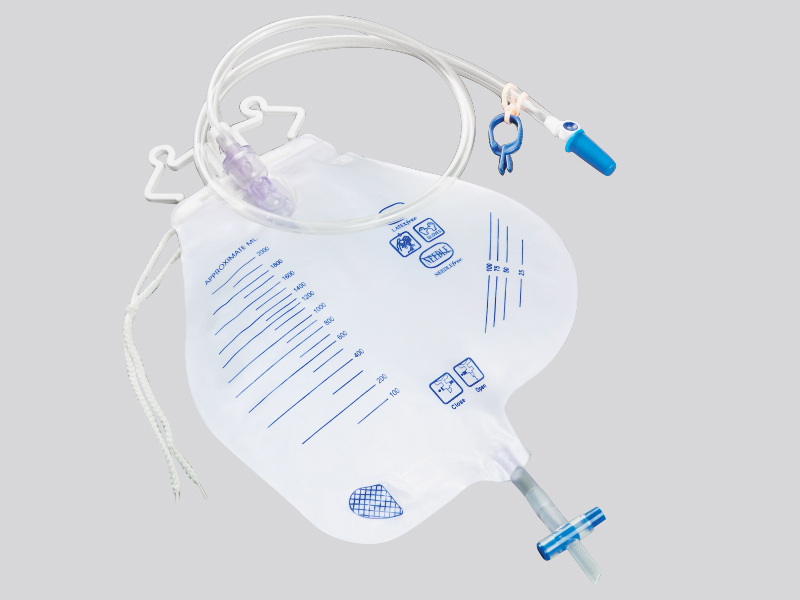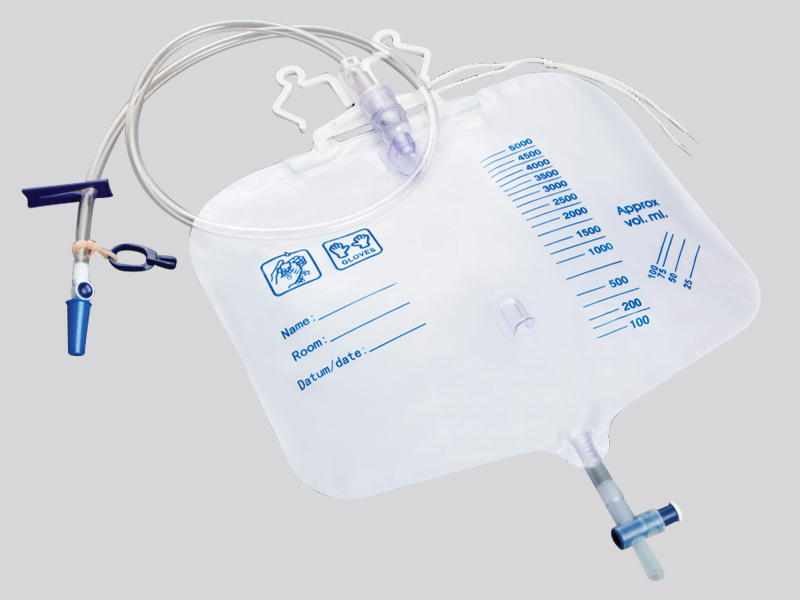The current position:Home > Information dynamic
> Industry Trends
What are the applications of disposable enema bags in obstetrics and gynecology
source:www.cnboyi.net | Release time:2025年09月29日1. Preoperative bowel preparation in obstetrics and gynecology
Cleaning the intestines before surgery can reduce the risk of intraoperative infection and minimize postoperative complications, which is its core application scenario.
Before gynecological surgery: For abdominal or pelvic surgeries such as myomectomy, ovarian cystectomy, and hysterectomy, enema solution (such as physiological saline or soapy water) is infused through an enema bag before surgery to empty the intestinal contents, avoid contamination of the surgical field by intestinal contents during surgery, and reduce the probability of postoperative bloating and intestinal adhesions.
Before obstetric surgery: mainly used for cleaning the rectum and sigmoid colon through enema before cesarean section surgery, to prevent intestinal filling during surgery from affecting surgical operation, and to avoid difficulty in defecation caused by reduced bed rest after surgery, reducing the impact of increased abdominal pressure caused by postpartum constipation on wound healing.
2. Intervention for postpartum defecation difficulties
Postpartum women are prone to difficulty in defecation due to physiological changes, and enema bags can assist in relieving symptoms and reducing complications.
Postpartum constipation management: Postpartum constipation is prone to occur due to sudden drops in abdominal pressure, relaxation of pelvic floor muscles, reduced physical activity, and changes in dietary structure. If adjusting diet and exercise is ineffective, a low-pressure enema bag can be used to soften feces, promote intestinal peristalsis, help mothers defecate smoothly, and avoid postpartum bleeding caused by increased abdominal pressure due to forceful defecation.
Postpartum intestinal bloating relief: Some postpartum women have slow recovery of gastrointestinal function and are prone to intestinal bloating, manifested as abdominal distension and pain. Infusing a small amount of warm soapy water or saline solution through an enema bag can promote intestinal emptying, alleviate bloating and discomfort, and improve maternal digestive function and comfort.
3. Intestinal care for special circumstances during pregnancy
During pregnancy, the indications for enema should be strictly controlled, and it should only be used under specific medical needs and closely monitored by a doctor.
Severe constipation during pregnancy: Due to the enlargement of the uterus and compression of the intestines, stubborn constipation is prone to occur during pregnancy. If dietary adjustments (such as increasing dietary fiber and drinking more water) and laxatives are ineffective, and constipation seriously affects the quality of life of pregnant women or may induce uterine contractions, doctors may cautiously use enema bags for low-pressure, low-dose enemas to gently empty the intestines and avoid excessive damage to the uterus.
Before intestinal examination during pregnancy: In rare cases, intestinal related examinations (such as intestinal imaging) are necessary during pregnancy. To ensure clear examination vision, an enema bag should be used for intestinal cleaning after the doctor evaluates the risk. During the operation, the enema pressure and fluid volume should be strictly controlled to avoid adverse effects on the fetus.
4. Postpartum intestinal function recovery assistance
Some postpartum women have slow recovery of gastrointestinal motility, and enema bags can be used as an auxiliary means to promote the return of intestinal function to normal.
Early Postpartum Intestinal Recovery: For postpartum women who have not yet expelled gas 6-12 hours after delivery, after excluding contraindications such as postpartum bleeding and severe abdominal pain, a small amount of warm physiological saline can be infused through an enema bag to gently promote intestinal peristalsis, promote exhaust, help restore gastrointestinal function, and provide conditions for postpartum feeding.
Prevention of complications of postpartum constipation: For mothers with basic problems such as diabetes and hemorrhoids in pregnancy, the risk of postpartum constipation is higher. Preventive enema through enema bags (according to medical advice) can reduce complications such as hemorrhoids aggravation and anal fissure caused by constipation, and alleviate the pain of mothers.
Prev:
What are the uses of disposable bladder irrigators
Next:
What is the function of disposable precision mete…

 Cn
Cn En
En WeChat ID:
WeChat ID:







 Contact us
Contact us
 Add WeChat
Add WeChat
 Telephone
Telephone